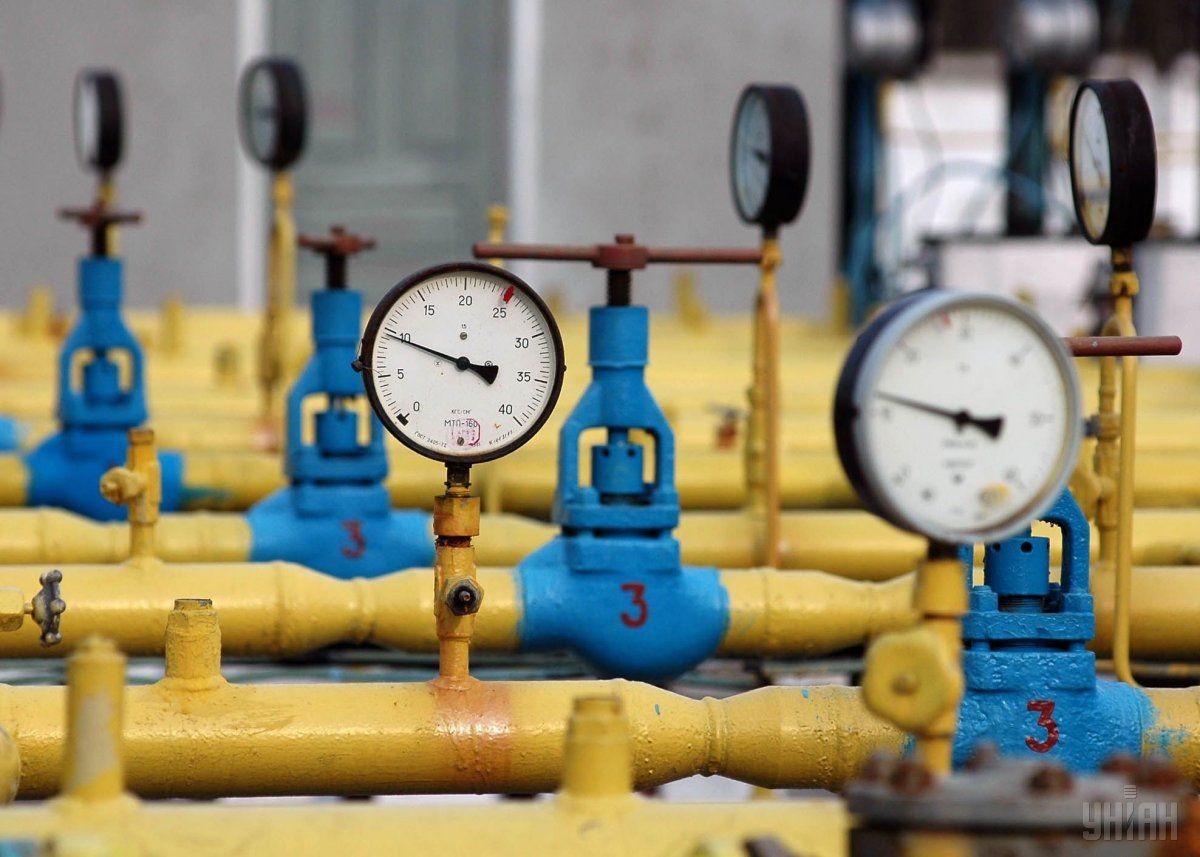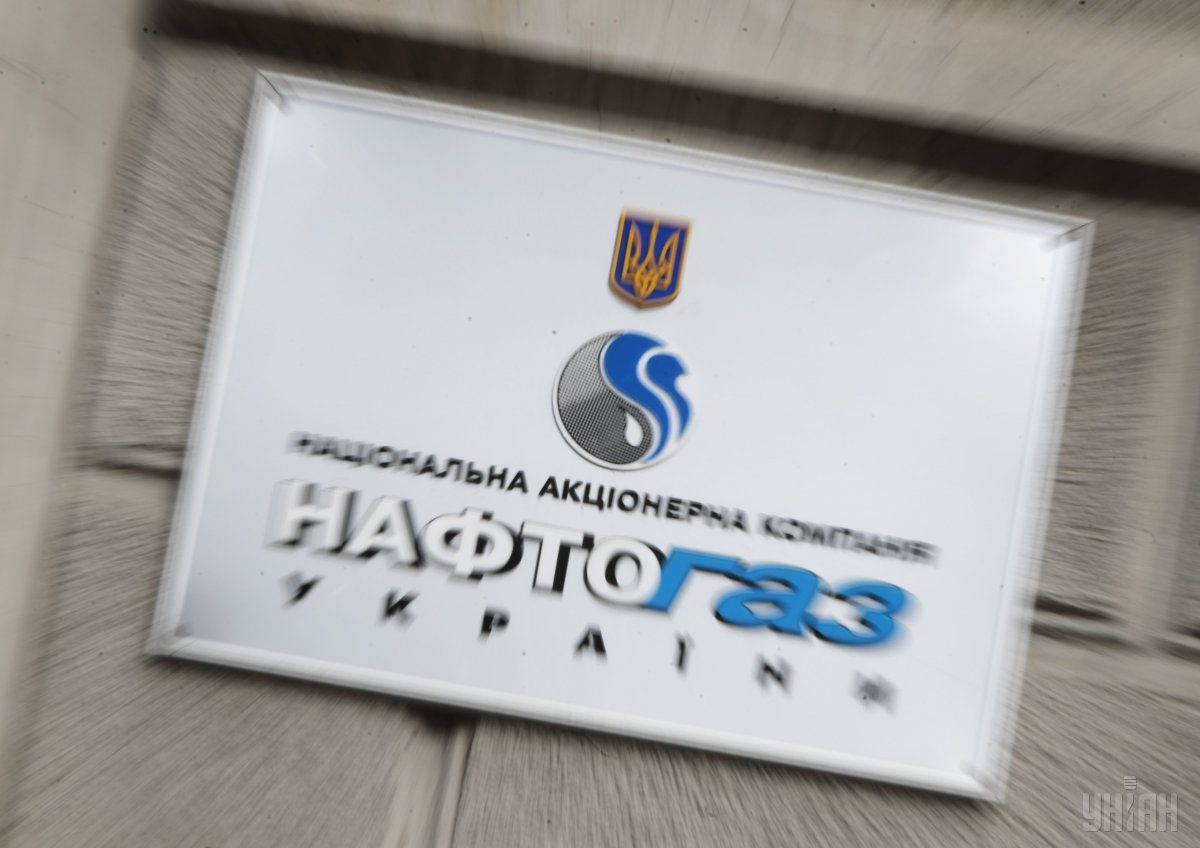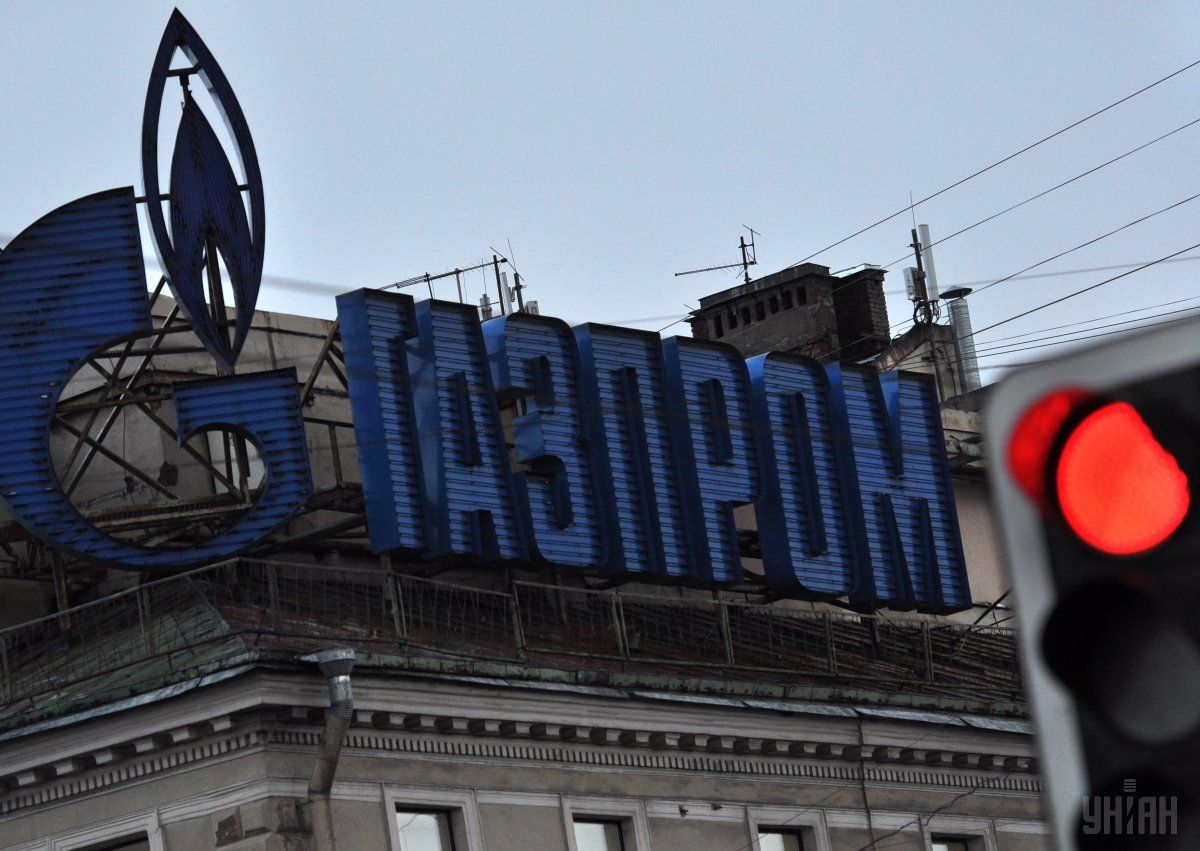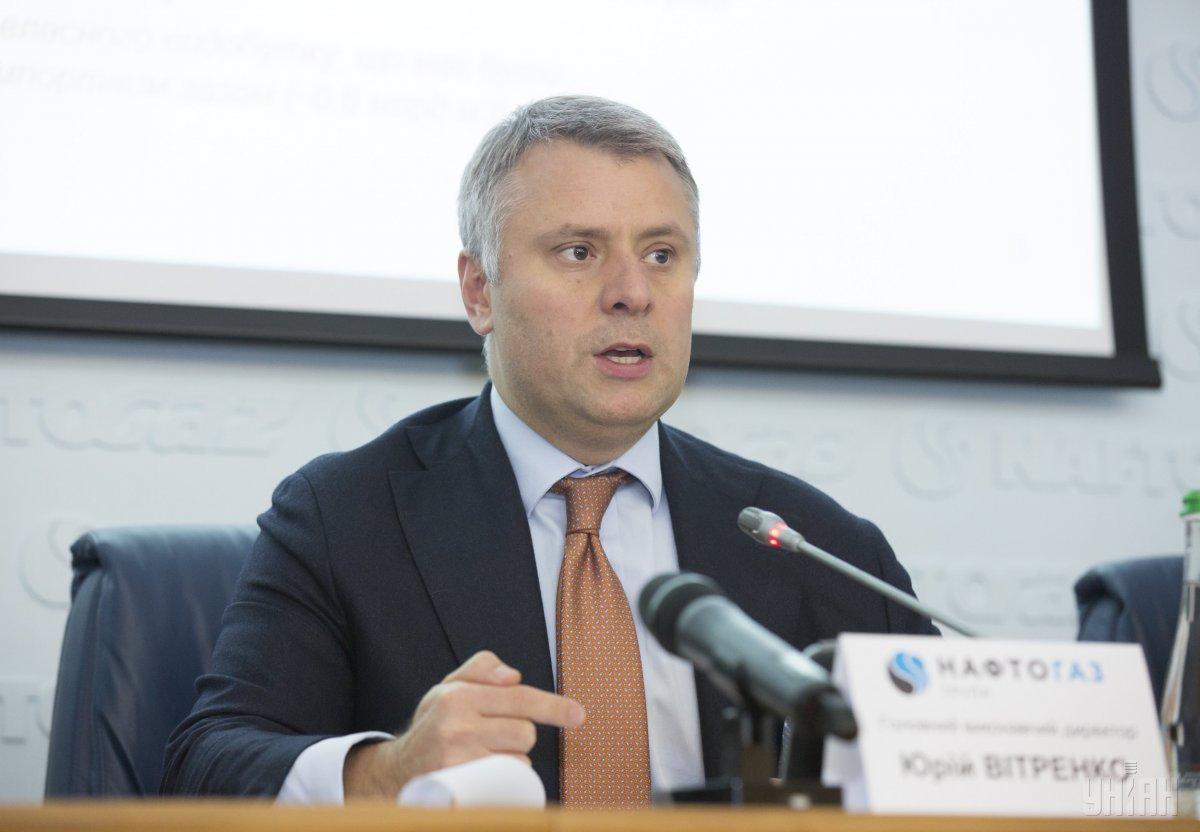
False start of gas talks. Naftogaz vs Gazprom and EU
Russia has disrupted technical consultations in the run-up to the trilateral Ukraine-EU-Russian negotiations on the future contract on gas transit via Ukraine. This casts doubt on the very effectiveness of talks, scheduled for January 21.
The Ukraine-EU-Russia talks, scheduled for January 21, on the future of gas transit via the territory of Ukraine, for which the contract between Gazprom and Naftogaz expires on January 1, 2020, will in fact be reduced to zero. This is evidenced by the history of the Kremlin’s disruption of expert-level tripartite technical consultations on 15 January.
"Gazprom disrupted technical tripartite gas consultations, trying to intimidate Europe with its uncontrollability and impose its concepts instead of civilized rules. Their logic is simple – not to pay attention to anyone, keep constructing Nord Stream 2, without waiting for final permits, and ignore partners," Zerkal wrote on Facebook.
"After that, they will continue convincing the world that it's possible to reach agreements with Gazprom, building relations on trust, as German politicians do. And it doesn’t even matter already whether it's senseless naivety or cynicism. In fact, this is self-deception and deception of the whole world,” the deputy foreign minister stressed.
In her opinion, the European Union should not make any exceptions for Gazprom and that it is necessary to apply EU energy standards to all of Gazprom's projects, "which Ukraine has been long demanding".
“It’s very opportune that the issues of relevant changes to the EU gas directive are being discussed in the EU Council today,” added Zerkal.
"We are working further and preparing not only for tripartite consultations at the political level, but also for all possible scenarios of developments," the official assured.
Naftogaz Chief Operating Officer Yuriy Vitrenko has also commented on the situation: Gazprom did not warn about and in no way justified their absence at forthcoming tripartite consultations. Representatives of Naftogaz, the Ministry of Foreign Affairs, the Ministry of Energy and Coal Industry, and the National energy regulator partook in consultations from the Ukrainian side, while the EU was represented by European Commission officials.
In general, Russia's refusal from consultations was quite expected. Moscow has already expressed its position – they did it more than once. Ukraine has also had its say. All that concerns the future transit contract has been stated. The requirements are based on European standards, which is in line with the principles of the EU Energy Charter. This is in fact the main irritant for the Kremlin and their "gas wallet".
Ukraine's requirements
Ukraine's position, which it will defend at future gas negotiations, is as follows: implementation of all relevant EU rules and regulations for the gas transmission system in relation to the contract.
“We believe that future transit should be based on transparent and effective EU rules. For example, this means that gas will be purchased on the eastern border of Ukraine, while gas tariffs will be calculated based on European methodology,” Ukrainian Foreign Minister Pavlo Klimkin said, adding that Ukraine was ready to participate in a constructive dialogue, but it must be based on very clear terms, and the most necessary of them are to apply European standards to have a clear prerequisite for future transit.
To maintain Russian gas transit, Naftogaz even went for a compromise. The company says it is ready to reconsider or abandon a new lawsuit worth $12 billion set to be filed against Gazprom with the Stockholm arbitration over the loss of value by the Ukrainian gas transmission system due to the construction of Nord Stream 2 and Turkish Stream pipelines bypassing Ukraine if Gazprom agrees to conclude with Ukraine a new long-term transit contract.
“In fact, we are saying to our Russian colleagues: if you build [bypass routes] and don't want to transmit gas [via Ukraine], then compensate. If you want to transmit and are ready to sign a long-term contract according to European rules, with guarantees that you will pay us money, we are ready to drop the suit, or revise it, or change it,” said Naftogaz head Andriy Kobolyev.

According to him, the message has already been communicated to the European Commission: “And we have been heard. We are ready to put this issue on the negotiation table before Gazprom if our shareholder allows us. The goal is simple – to preserve transit via the territory of Ukraine.”
Such readiness to compromise on the part of Naftogaz is quite understandable as the commissioning of Nord Stream 2 and Turkish Stream, scheduled for the end of 2019, threatens to deprive Ukraine of the gas transit state status. And this means billions in losses for the budget. Under pressure from Germany, the main European beneficiary of Russian pipelines, is trying to calm Ukraine, claiming that they are taking care of it, and even reached an agreement with Russia. The Kremlin chief, Vladimir Putin, promised to maintain gas transit through the Ukrainian GTS, even voicing the volumes of 14-15 billion cubic meters of gas per year. But this volume would be enough only for technical maintenance of the Ukrainian pipe.
Meanwhile, Washington is starting to clamp down hard on Russian plans for the routes bypassing Ukraine. The U.S. warns European companies involved in the said projects of risks to fall under American sanctions. This caused serious confusion in Berlin. Many companies are already talking about giving up on the Nord Stream 2. Understanding all the risks it is facing, Russia has put forward new requirements for the transit contract.
Debt "claims"
Speaking of the terms for concluding the transit contract, Minister of Energy of the Russian Federation Alexander Novak said that the most important of them is the signing of a settlement agreement on the Stockholm arbitration awards where Naftogaz was declared a full winner.
As reported earlier, in February 2018, Naftogaz won a transit dispute with Gazprom. The Stockholm arbitration ordered the Russian company to pay Naftogaz more than $4.6 billion for the short supply of fuel provided for in bilateral agreements. Earlier, the court confirmed the debt of the Ukrainian company for the supply of gas in excess of $2 billion. As a result, according to the results of two arbitration disputes, Gazprom’s debt to Ukraine amounted to $2.56 billion, plus penalty accumulated. Without paying anything, in March 2018, Gazprom appealed against arbitration award, announcing the termination of the 2009 contract. In turn, Naftogaz launched the procedure of forced debt recovery. As a result, Gazprom is now challenging the courts in Switzerland, the Netherlands, and the UK the arrest of its assets. In addition, the U.S. courts started satisfying Naftogaz's claims on obtaining evidence of property ownership to recover debts from Gazprom.

It is clear that Russian gas monopoly is simply dragging time, while the verdict will not be revised. By the way, Gazprom laid in its budget the money for repayment of obligations. Although, they still count on Kyiv’s “goodwill”.
“Now Gazprom and Naftogaz are in litigations, and these proceedings, in fact, affect the ability to conduct a dialogue, because on previously issued arbitration awards of funds there are constant seizures of funds, property, and so on. Since, as a result of the Stockholm arbitration awards, the balance of interests was violated under the two contracts, signed by Gazprom and Naftogaz in 2009, the court is considering termination of these contracts. As an option, Gazprom is ready to consider signing a settlement agreement that would satisfy both parties. And the second point concerns the very continuation of transit through Ukraine. In Russia, at different levels, including at the level of the country's leadership, it has always been confirmed that we are ready to ensure continued transit even after 2019, but on the condition that such an option is competitive with other gas supply routes to Europe,” Russian energy minister Alexander Novak said.
According to him, “The European Commission sees its main task in preventing transit and supply of gas to European consumers. Our colleagues are not against the settlement deal, but, in their opinion, Gazprom and Naftogaz should first agree on this between themselves.
Awaiting "political" negotiations
The main, "political", round of gas tripartite negotiations is scheduled for January 21. Naftogaz said that the Ukrainian delegation would take part in it. However, the company doubts that the meeting will reach final agreements, given the disruption of preliminary consultations by the Russian side.

“Due to the absence of Russian experts at the consultations on January 15, one can hardly expect final agreements at the political level to be reached next week [January 21],” said Yuriy Vitrenko.
The Russian side, however, also announced its participation in the negotiations. But their assurances, as we know, are not worth a penny. So far, the attempt of the European Commission to act as a mediator has failed. But even if the parties sit down at the “round table” on January 21, most likely, such communication will yield no result. On the other hand, there is still time until the end of the year. Although, it may be too little to resolve the transit issue, taking into account the history of the conflict.
Nana Chornaya

